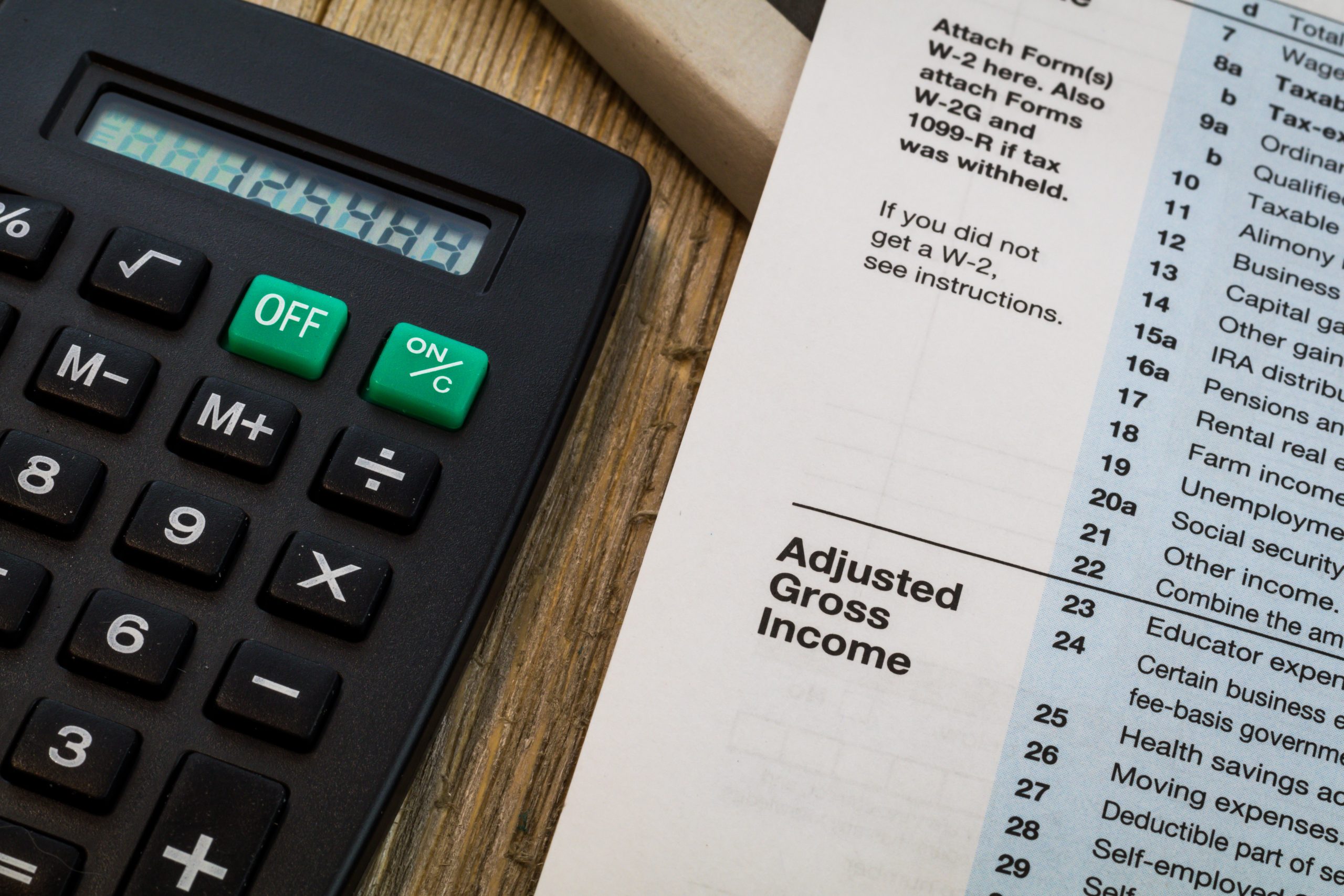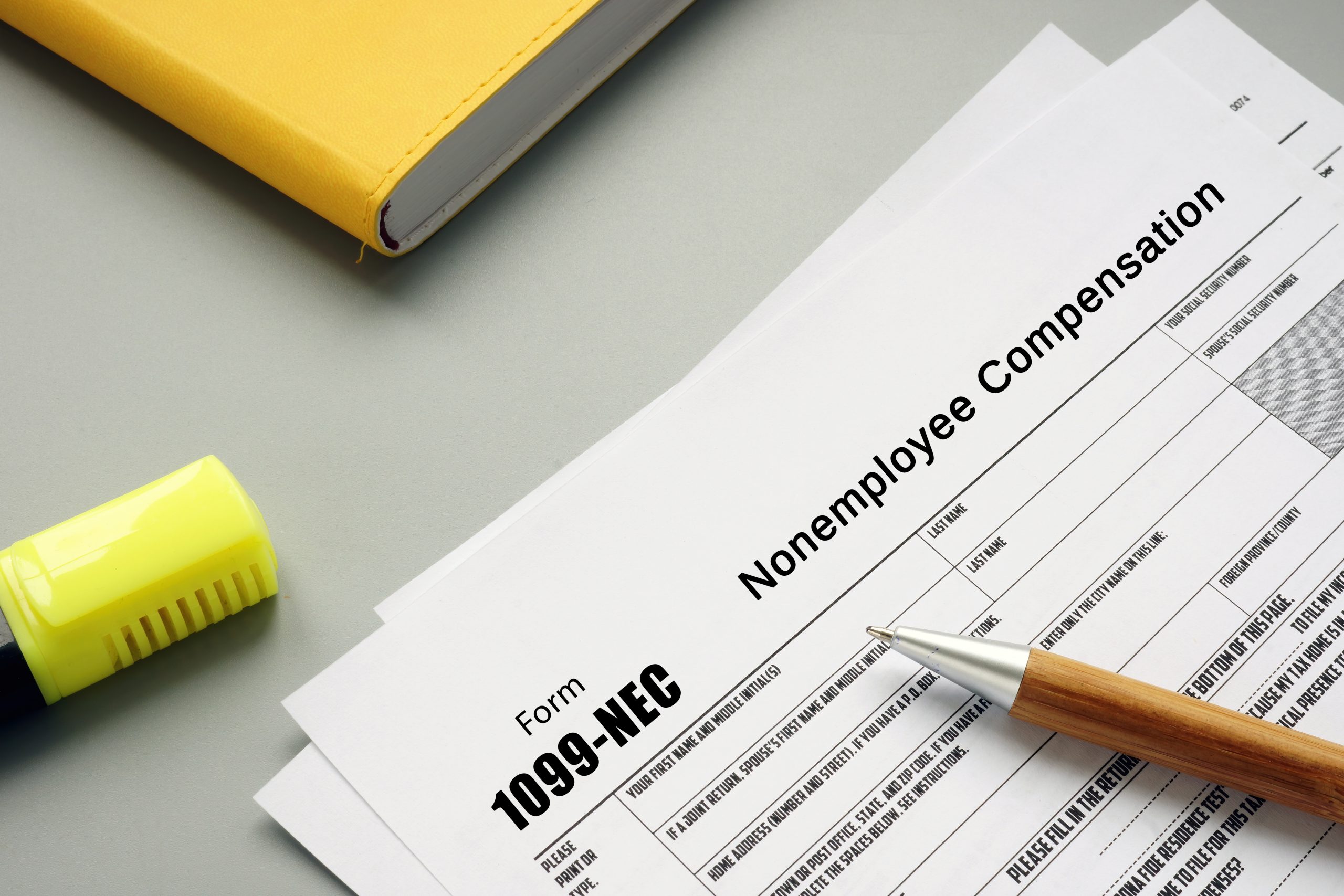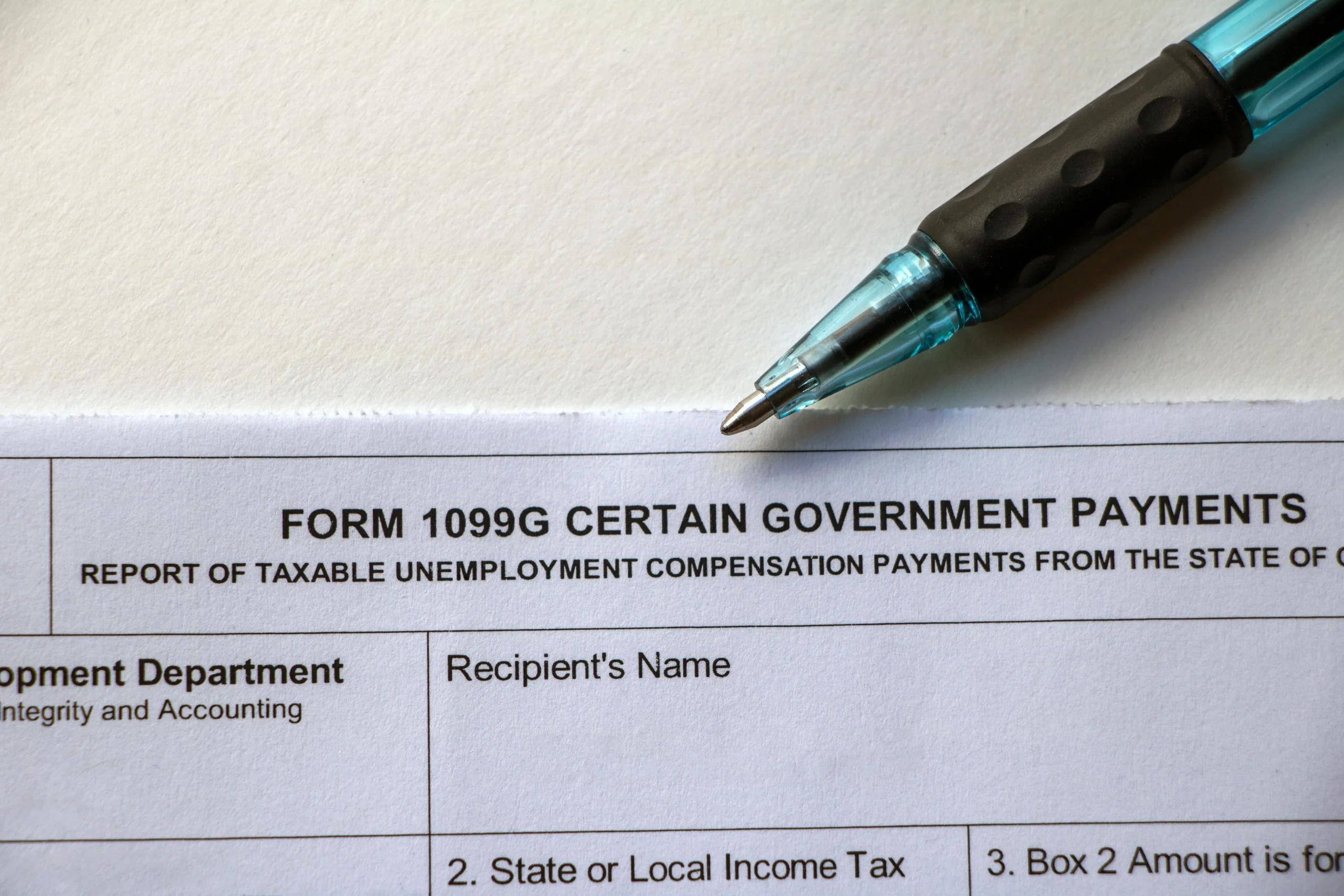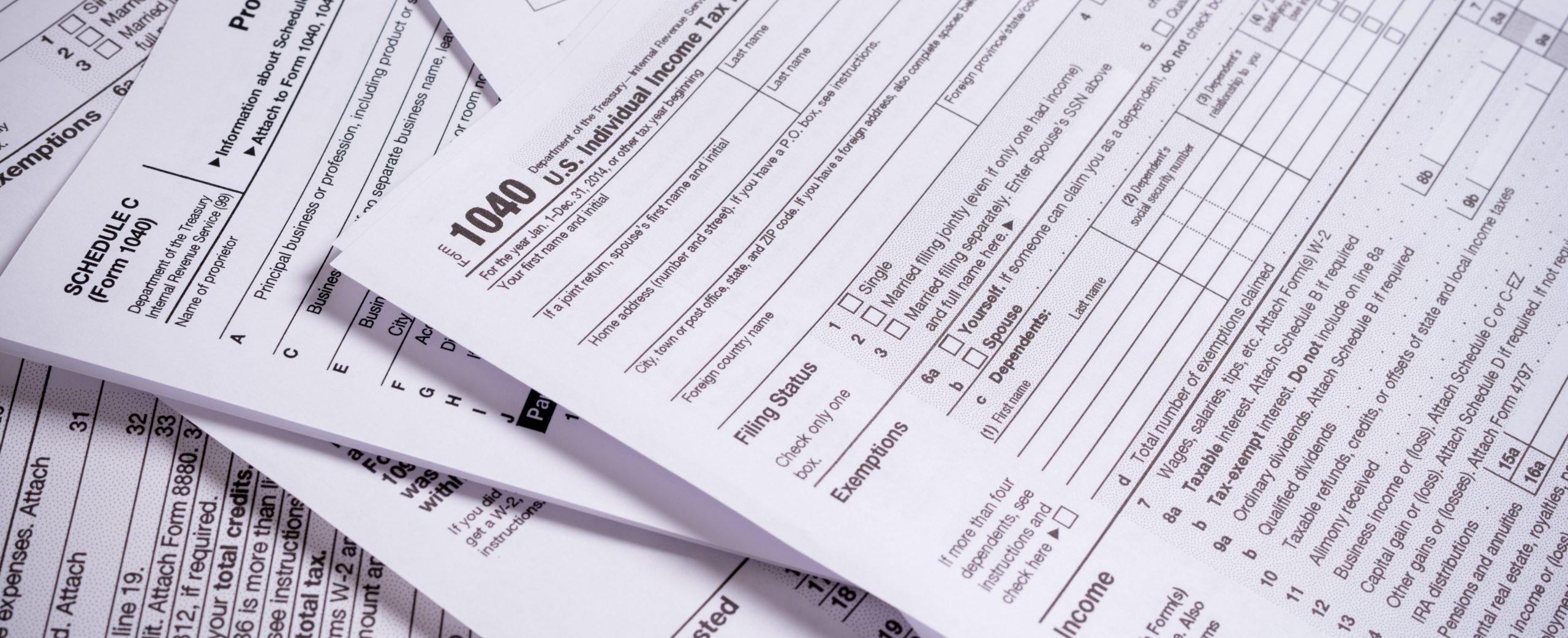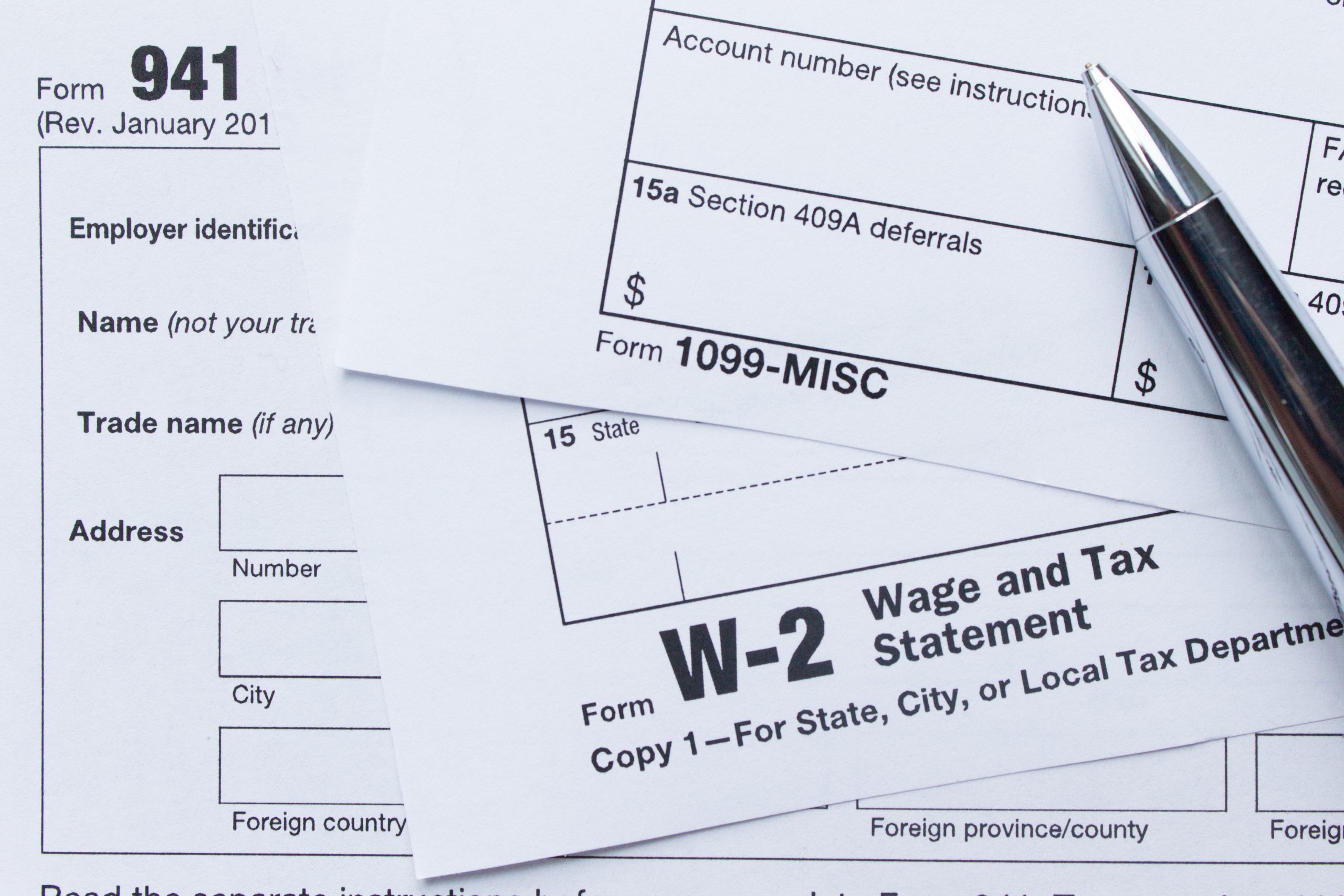1. Federal Tax Liens
The IRS Fresh Start Initiative introduced significant changes to its lien filing practices to reduce the negative impact on taxpayers. These include:
- Significantly increasing the dollar threshold at which tax liens are generally issued, resulting in fewer filings.
- Making it easier for taxpayers to obtain lien withdrawals after paying their tax bill.
- Withdrawing liens in some cases where a taxpayer enters into a Direct Debit Installment Agreement.
2. Installment Agreements
The IRS Fresh Start Program for tax relief also expanded access to streamlined installment agreements, including for small businesses. The program raised the dollar threshold, allowing more taxpayers to participate in structured payment plans.
3. Offer in Compromise (OIC)
Under the Fresh Start Tax Program, the IRS expanded the Offer in Compromise program by adopting more flexible terms. This allows some of the most financially distressed taxpayers to resolve their tax debt more efficiently.
An OIC is an agreement between a taxpayer and the IRS to settle the taxpayer’s liabilities for less than the full amount owed. Generally, the IRS does not accept an OIC if they believe the liability can be paid in full as a lump sum or through a payment plan.
Recognizing that many taxpayers continue to struggle financially, the IRS introduced common-sense updates to the OIC process that better reflect real-world circumstances. The revised approach focuses on financial analysis to determine eligibility for an Offer in Compromise.
4. Currently Not Collectible (CNC) Status
When a taxpayer can demonstrate that satisfying their tax debt would leave them unable to meet basic living expenses, the IRS may place their account in “Currently Not Collectible” status. Under the Fresh Start Program:
- Temporary Relief: All collection activity (including levies and garnishments) is suspended.
- Periodic Review: The IRS re-evaluates CNC status annually, so you must update your financial information to maintain protection.
- Accruing Interest: While penalties are halted, interest continues to accrue, so CNC status is best viewed as a bridge until your financial situation improves.
5. Penalty Abatement
Penalties can often be the largest component of a tax bill. The Fresh Start Initiative expanded the IRS’s willingness to waive certain penalties under two main provisions:
- First-Time Penalty Abatement (FTA): Eligible for taxpayers with a clean compliance history (no penalties in the prior three years). The FTA can remove failure-to-file, failure-to-pay, and failure-to-deposit penalties once.
- Reasonable-Cause Exception: Even if you don’t qualify for FTA, you may qualify for relief if you can show that circumstances beyond your control, such as serious illness, natural disaster, or unavoidable absence, prevented timely compliance.








